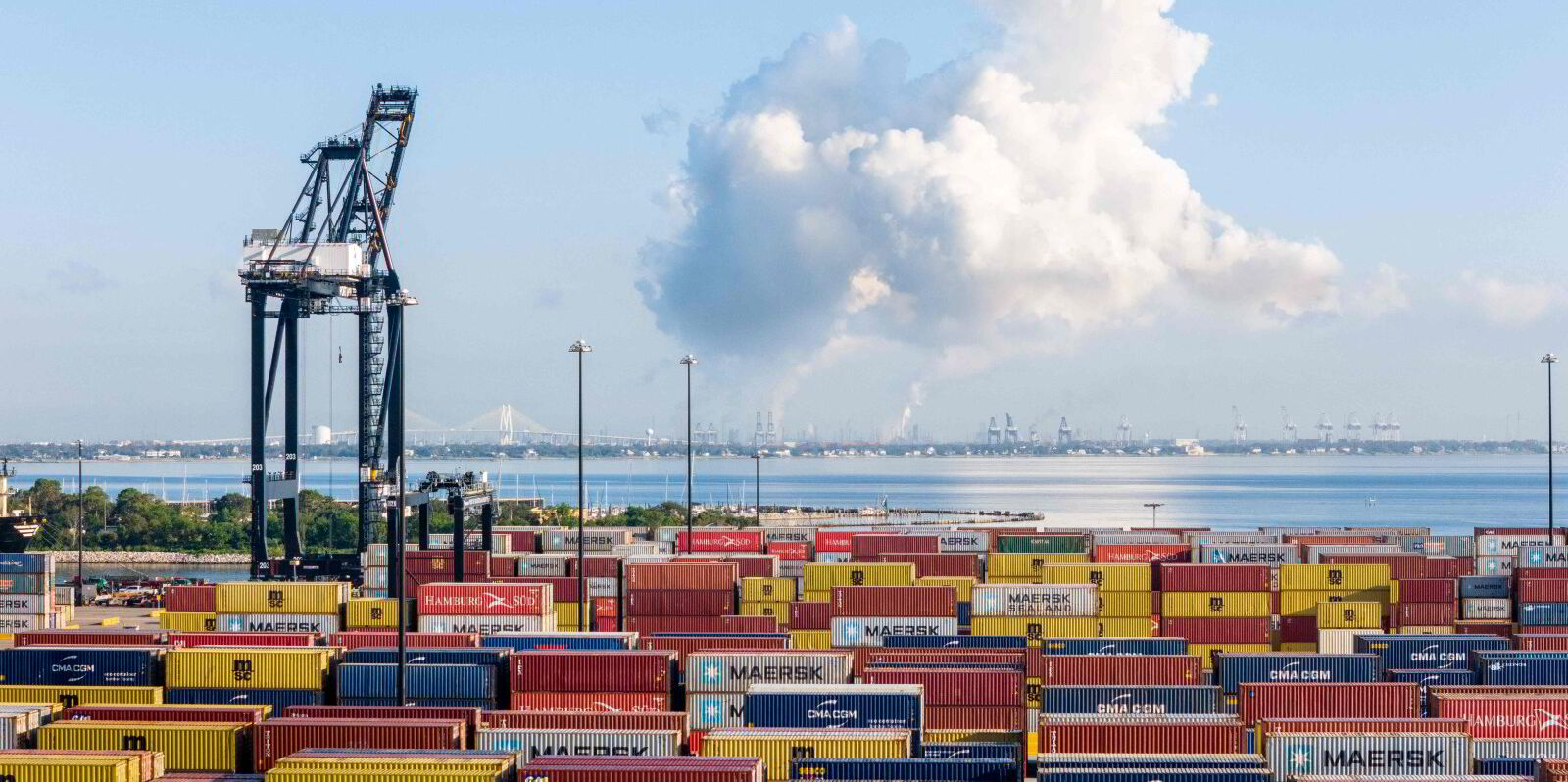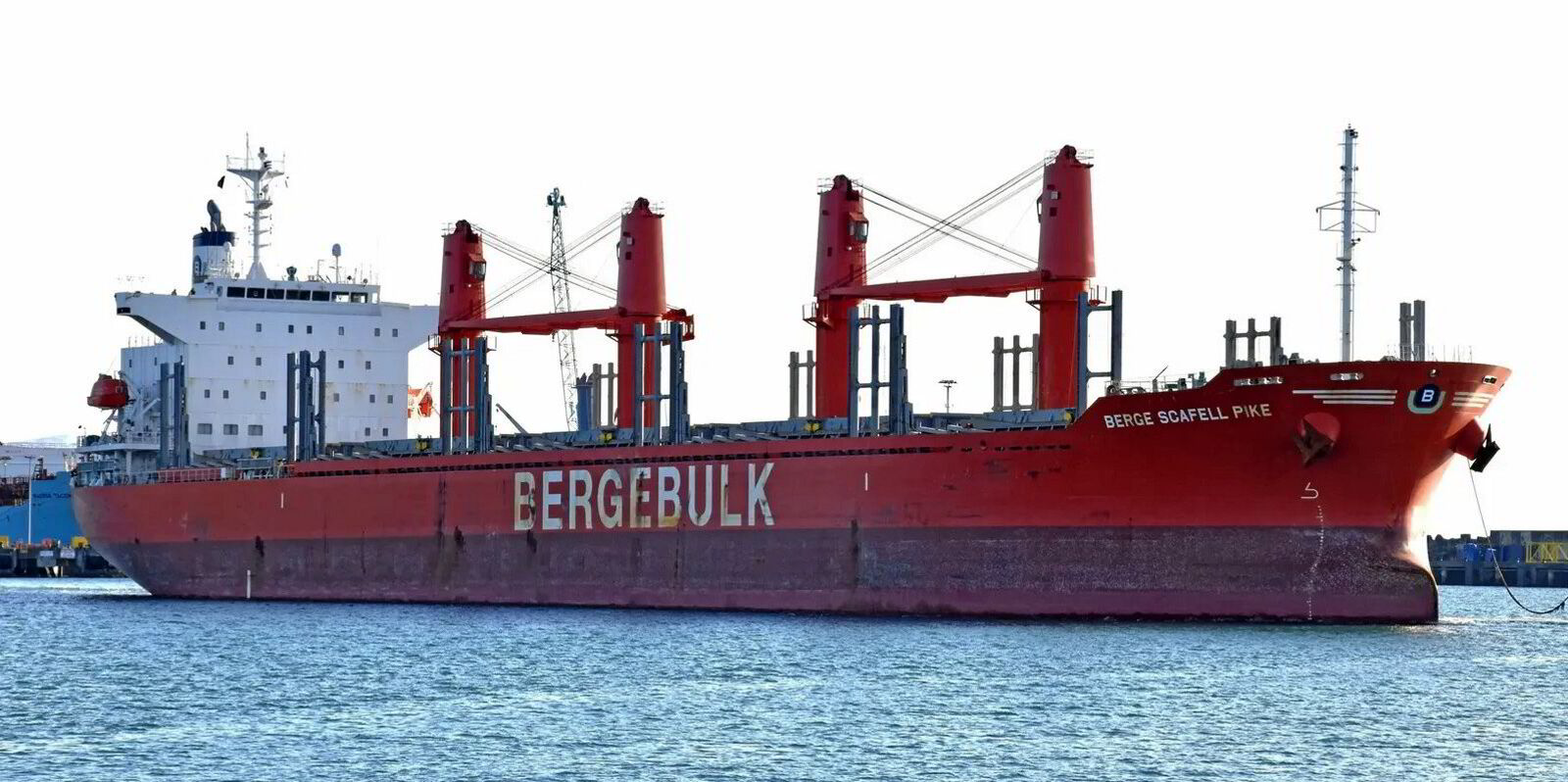The two sides of a labour dispute that threatens to shut down container and vehicle ports along nearly 6,000 km of the US coast have still failed to come to the bargaining table with roughly a week to go.
Employers’ group US Maritime Alliance (USMX) said on Monday that it has been unable to schedule a meeting with the union representing dockworkers on the East Coast and Gulf Coast, despite renewed attempts.
The International Longshoremen’s Association is threatening to strike as soon as the contract with the USMX ends on the night of 30 September.
“We remain prepared to bargain at any time, but both sides must come to the table if we are going to reach a deal, and there is no indication that the ILA is interested in negotiating at this time,” USMX said.
The group, which is made up of container carriers and terminal operators, said it has received outreach from the US Labor Department, Federal Mediation & Conciliation Service and other federal agencies.
And it said it would be open to mediation, but that requires agreement from both sides.
“Our goal remains the same,” the employers’ group said. “We want to bargain and avoid a strike, but time is running out if the ILA is unwilling to return to the table.”
For its part, the ILA continued to defend its willingness to shut down vehicle and container ports along much of the US coast.
Executive vice president Dennis Daggett said on Friday that the union will be on the right side of history if it launches a strike on 1 October.
“From Searsport, Maine to Brownsville, Texas, we are about to engage in one of the toughest battles our union has faced in decades,” he said.
“Strikes are never easy, but in today’s world, with labour laws stacked against us and corporate greed at an all-time high, it remains one of the most powerful tools we have in our fight for justice.”
Calls for President Joe Biden to intervene are growing.
Republican lawmakers on the House of Representatives Transportation & Infrastructure Committee urged the Biden administration to “do everything in its power” to prevent a strike.
“Given the devastating economic consequences of a potential strike and the Administration’s lack of engagement to date, we urge you to give immediate attention to this matter, to aid in these negotiations, and find a reasonable resolution to these contract disputes,” they wrote.
“If a strike should occur, we urge the Administration to utilise every authority at its disposal to ensure the continuing flow of goods and avoid undue harm to American consumers and the Nation’s economy.”





